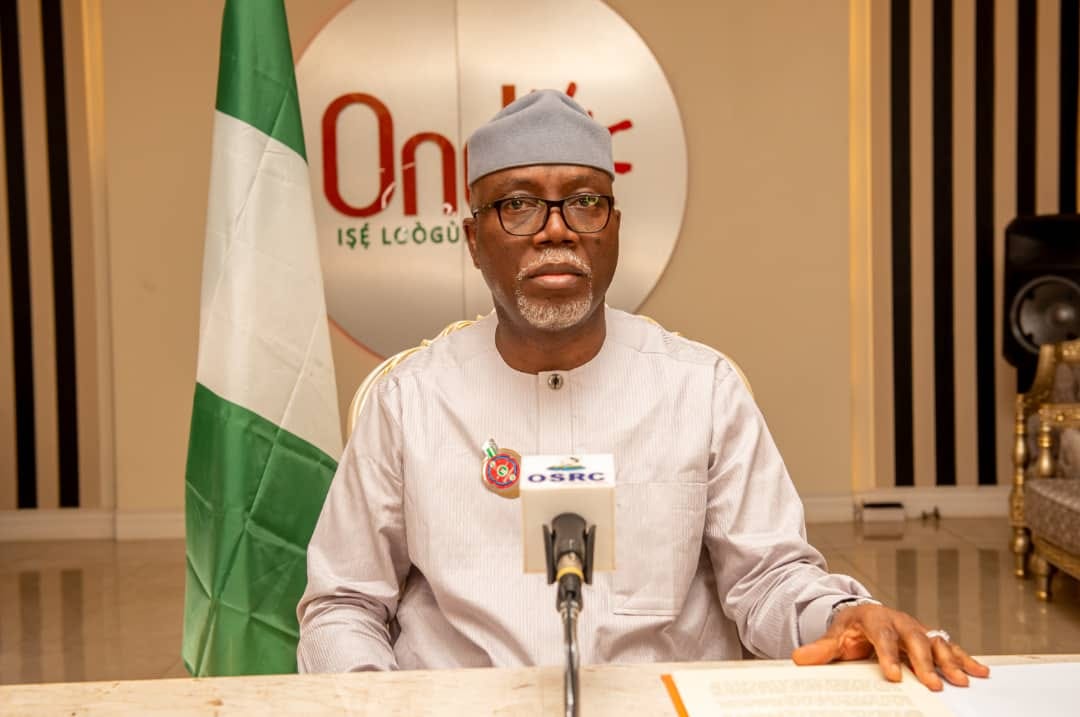In the just concluded week, the Federal Commissioner and Chairman of the Public Affairs Committee of the National Population Commission (NPC), Mr. Abdulmalik Durunguwa, reportedly said that the Commission awaits President Muhammadu Buhari’s approval to conduct an accurate and reliable national census by the first quarter of 2022.
He said NPC was strategising and working hard to ensure that the mistakes of the past were corrected by conducting an accurate and reliable census.
He stated that Buhari recently approved N10 billion intervention fund to enable the commission to carry out the Enumeration Area Demarcation (EAD) of the country.
According to him, the demarcation, a prelude to the conduct of the national census, is gaining momentum nationwide.
He said the commission was targeting to complete the enumeration by July, 2021.
Durunguwa added that with the approval of the intervention fund, NPC has demarcated 629 local government areas.
“So far by God’s grace, with the programme of the commission, we hope to ensure that before the end of July, that we are able to demarcate the entire country and to conveniently conduct the national census.
“We are hoping that by the time we finish the demarcation, which is the foundation of the census, we will be able to say yes, we are good to go and by the first quarter of 2022, honestly speaking, the NPC based on preparations on the ground, can be able to conveniently conduct a census in this country provided that Mr. President has given us the approval through a proclamation that the census should commence.
“We are pleading with all Nigerians to give us the support so that we can see if we can conduct this census by 2022; that is the first quarter. That is our target.
“We hope the government and Mr. President will give us the go-ahead so that we can carry out this exercise,” he said.
Durungowa explained that the enumeration of the local government areas would help the commission to have a proper picture of how many census enumerators would be deployed in the coming national census.
He said what was preoccupying the minds of the current leadership and personnel of the NPC was to deliver to Nigerians a population figure that would not only be accurate and believable but also one that would be devoid of ethnic, religious and other mundane sentiments.
He said the NPC had introduced some innovations in its activities, adding that it is also undertaking the computerisation of the enumeration.
He said the NPC had developed customised software to help in fast-tracking the demarcation, adding that it is kick-starting phase 14 of the household enumeration on April 25 with the target of reaching 34 local government areas.
“We are adopting computerised processes, using hand-held devices, PDX and high imagery resolution satellite technology, to improve the work of the commission,” he said.
On how the population commission intended to avoid the anomalies of the past census, Durunguwa said the technological innovations being introduced would go a long way to resolve issues that created doubts and lack of trust in the final outcome of the census.
“The latest technology we are using is a technology that is giving us no much question to be asked because it is already tried, tested by this our enumeration of area demarcation.
“I wish we’ll have time where we’ll display it to Nigerians to see what we are doing and it will go a long way in convincing people that the population commission is ready by what we have to be able to conduct a census that cannot be disputed.
“This world is going technologically and we can’t be left behind in this country; we also have to key in; so, that is why we are deploying the latest technology in trying to make sure that the exercise we are doing right now is well taken care of so that when Mr. President gives us the go-ahead to conduct the census, we can say it’s good to go.
“The government cannot plan without having the actual figure you are working with and that is why it is very important with the kind of president we have on the ground to be able to have this go-ahead to conduct this census,” he stated.
According to him, the NPC’s website is being repositioned to enable it to provide information to the public.
He regretted the challenges the country has to face over inaccurate and doubtful census figures, adding that it is high time that Nigerians began to thing positive about issues affecting the survival of the country.
When asked about the position of NPC on population control, Durunguwa said there was no doubt that the rate of growth of Nigeria’s population was alarming.
He identified some factors such as religion and culture as affecting efforts at implementing policies on population control in the past.
He said: “We are working tirelessly and we have sent a reviewed national policy on population control to Mr. President and any moment from now, the federal government is going to look at critically and approve a population policy for the country.”


 News3 weeks ago
News3 weeks ago
 Business3 weeks ago
Business3 weeks ago
 Technology3 weeks ago
Technology3 weeks ago
 Investment3 weeks ago
Investment3 weeks ago
 Banking Sector3 weeks ago
Banking Sector3 weeks ago
 Banking Sector3 weeks ago
Banking Sector3 weeks ago
 Appointments3 weeks ago
Appointments3 weeks ago
 Investment3 weeks ago
Investment3 weeks ago


















